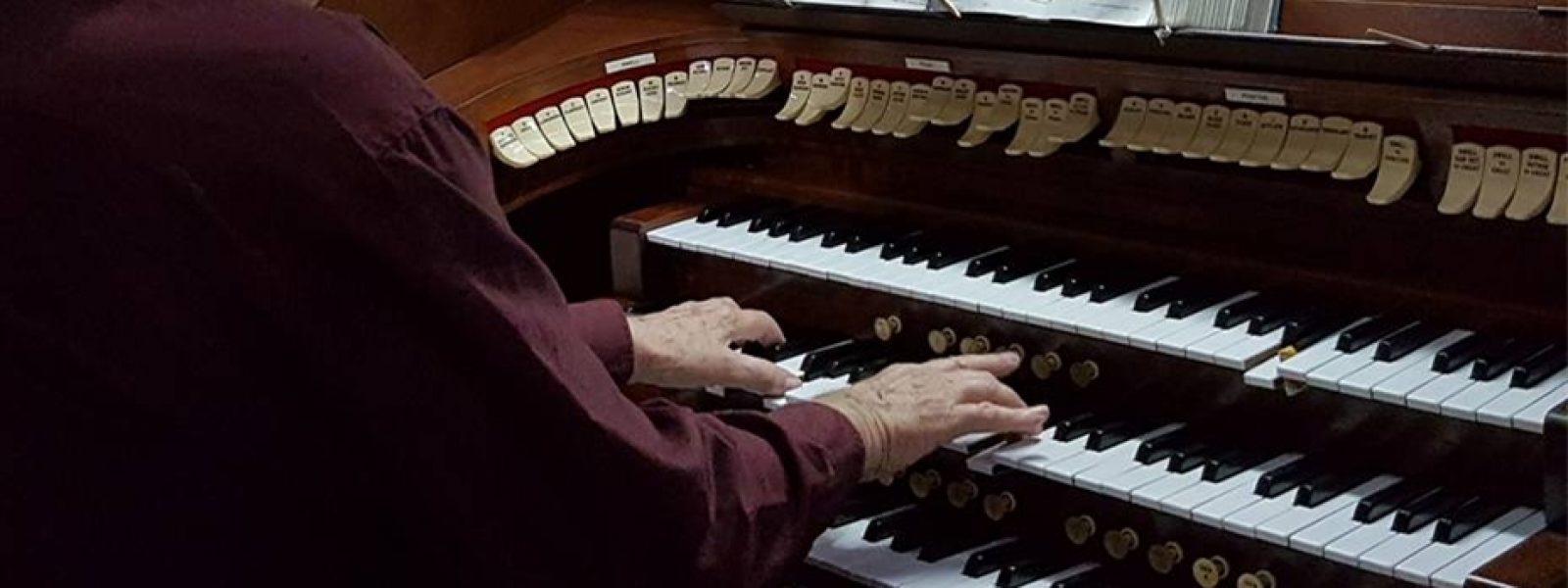Did you know? (Sunday, March 10, 2024)
Christopher Lipscomb, our Diocese’s first Bishop, raised salaries of clergy, divided the Diocese into three Deaneries, corresponding to the counties of Cornwall, Middlesex and Surrey, run by three senior clergymen, and he embarked on a programme of religious instruction to the enslaved population. Lipscomb consecrated 31 churches in Jamaica, some financed by planters, others by public contribution and assistance from the Government (public purse).
The mission of religious instruction to the enslaved was advanced through Sunday Schools and Church Schools (attached to the various churches). Emphasis was on Religious education but in many cases, Arithmetic and Psalmody or the singing of Psalms were introduced. Urban centres provided literacy education, while the emphasis in rural areas was on oral instruction, since many planters refused to allow literacy education on their estates. Bishop Lipscomb established over 50 national schools, which emphasized religious education, and trained catechists who were responsible for teaching the principles of the Christian religion.
These included catechists who were enslaved. Central Branch in Kingston became the centre for the training of teachers and catechists, usually coloured Jamaicans. Bishop Lipscomb died in 1843.

